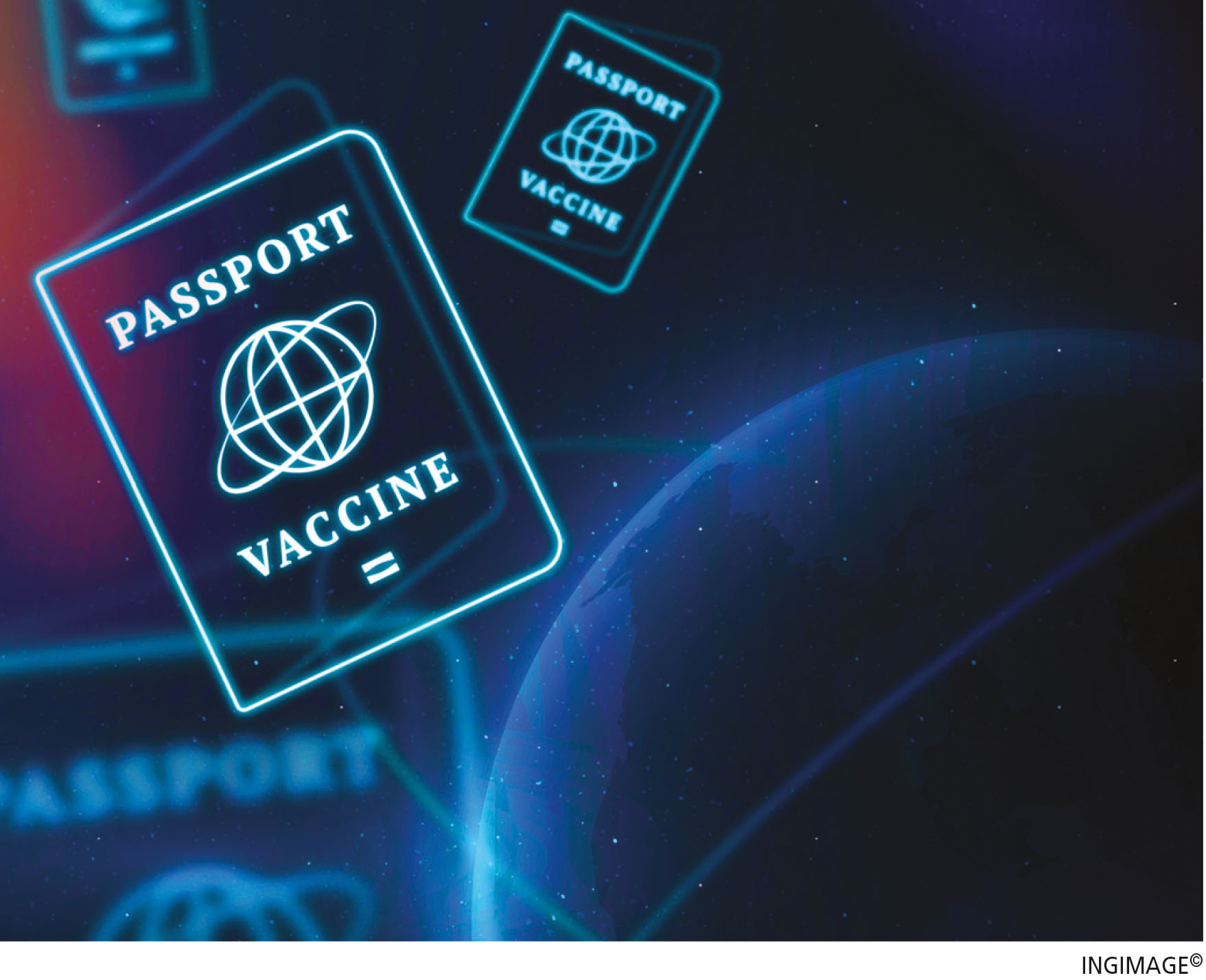EXECUTIVE HEALTH
THIS TOO SHALL PASS
BY Dr. Sanjiva Wijesinha

Recently, I was chatting with a friend who was the former Head of General Practice and Family Medicine at Monash University in Australia, and our conversation centred on this extraordinary situation we’re all facing as a result of the COVID-19 pandemic.
Most of us first heard of this new virus, SARS-CoV-2, in or around January last year. Since that time, COVID-19 has spread throughout the world, and challenged the Spanish flu of 1919 in magnitude, morbidity and mortality.
The medical profession can deal with new diseases in small doses. We have time to identify symptoms and signs; work out pathogenesis; and observe, study, and undertake research to find vaccines and cures.
But this pandemic emerged virtually overnight and caught us unprepared for its impact – not only on the health and economies of societies, but also on our individual emotional and mental states.
Today, we are at the mercy of an unseen and hitherto unknown enemy. But we believe that despite the suffering, and loss of lives and livelihoods, COVID-19 too will come under control someday…
But at what cost? And what will a post-pandemic world look like?
Human beings need a level of predictability in their lives to survive and thrive. The current situation has brought home the reality that nothing is certain. Our leaders and the people have to face an enormous challenge. Do we stay in lockdown to prevent the spread of this virus and save lives, or lift the restrictions to prevent an economic meltdown and social unrest?
It’s clear that changing human behaviour is one of the most important ways in which we can slow the spread of this virus and control the pandemic. However, changing human behaviour remains one of our most difficult and enduring challenges.
Successfully implementing public health measures requires trust in scientific advice and behavioural change on a massive scale.
Measures such as lockdowns, curfews, quarantines, physical distancing, mask wearing or immunisation call for compliance by the people for them to be efficacious. This isn’t always easy in democratic societies where those who fail to appreciate the gravity of the situation claim that human rights are being abrogated and individual freedoms curtailed.
They do not understand that individual wants must be subjugated to those of the common good and we need to replace individualism with collectivism.
One way of bringing a semblance of certainty into our lives in these uncertain times is to take each day as it comes. We should set goals for each day, enjoy the outdoors for a limited time, maintain a regime of physical fitness – either outdoors or indoors, if going outside isn’t possible.
We need to focus on the present through meditation or mindfulness techniques, and reach out to friends and family over the phone, not to mention using digital media to mitigate the effects of physical isolation.
This coronavirus pandemic has brought fear, anxiety, sickness and death into our 21st century lives, ruining economies and threatening our very existence.
But it has also provided us with an opportunity to reevaluate and recalibrate the priorities in our lives, as well as clarify and identify issues and people that add meaning to our existence.
As my friend asserted, we need to turn despair into hope in the firm belief that this too shall pass.




